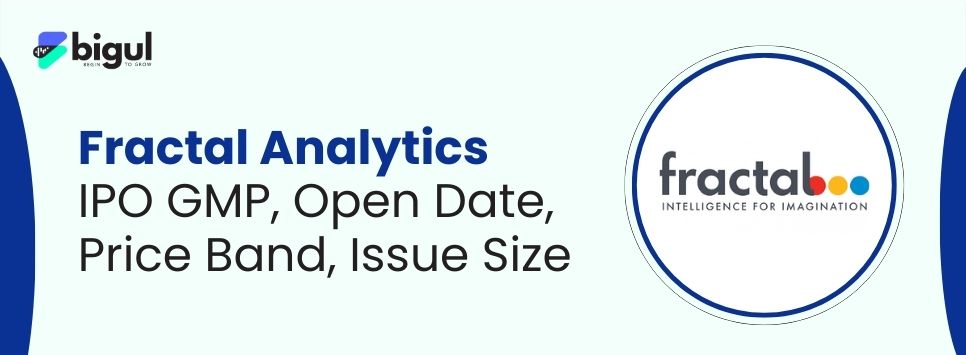The stock market is a dynamic and ever-changing arena where traders and investors must keep up with the latest trends and developments to make profitable decisions. Algorithmic trading, also known as algo trading, has emerged as a powerful tool for traders and investors to facilitate the growth and protection of their wealth in the stock market.
Algo trading refers to using computer programs and algorithms to automate trading decisions. These algorithms analyse market data and execute trades based on predefined rules and parameters. Algo trading has become increasingly popular in recent years due to its ability to process vast amounts of market data in real time and make informed trading decisions.
Here are some ways how algo trading facilitates the growth and protection of wealth in the stock market:
1. Speed and Efficiency
One of the biggest advantages of algo trading is its speed and efficiency. Algo trading systems can process vast amounts of market data in real time and execute trades within milliseconds. This speed and efficiency are crucial in the fast-paced world of stock trading, where even a small delay can result in missed opportunities or losses.
Moreover, algo trading systems are not affected by emotions or biases, which can cloud the judgment of human traders. This makes algo trading more objective and consistent in its decision-making, leading to better results.
2. Risk Management
Algo trading can help manage risk by implementing real-time risk management strategies. Algo trading systems can analyse market data and execute trades based on predefined rules and parameters, which can help minimise losses and maximise profits.
For example, an algo trading strategy can include stop-loss orders, automatically selling a stock when it falls below a certain price. This helps limit losses and reduce the risk of losing a position.
3. Backtesting and Optimisation
Algo trading systems can be backtested and optimised to improve their performance over time. Backtesting involves running an algorithm on historical market data to test its performance and profitability. This helps identify potential flaws and weaknesses in the algorithm and improve its design.
Moreover, algo trading systems can be optimised to adapt to changing market conditions and trends. This helps in improving their performance and profitability over time.
4. Scalability
Algo trading systems are highly scalable, which means they can handle large volumes of trades and market data without any manual intervention. This makes algo trading systems suitable for institutional investors and high-frequency traders who need to process large volumes of data and execute trades quickly.
Moreover, algo trading systems can be customised to meet the specific needs of individual traders and investors. This customisation can help optimise the algorithm’s performance and achieve better results.
5. Reduced Costs
Algo trading can help reduce trading costs by eliminating the need for manual intervention and reducing the impact of human errors. Algo trading systems can execute trades automatically based on predefined rules and parameters, which can reduce the cost of hiring human traders and analysts.
Moreover, algo trading systems can analyse market data and execute trades more efficiently, reducing the cost of trading and improving profitability over time.
6. Increased Accuracy and Consistency
Algo trading systems can provide increased accuracy and consistency in trading decisions. These systems use mathematical models and statistical analysis to analyse market data and execute trades based on predetermined rules and parameters. This removes the influence of human emotion and bias, which can result in inconsistent trading decisions.
Moreover, algo trading systems can be programmed to execute trades at specific price levels or market conditions, ensuring consistent execution and reducing the risk of missed opportunities.
7. Access to Alternative Data
Algo trading systems can also access alternative data sources not readily available to individual traders or investors. These data sources can include social media sentiment, news feeds, weather data, and other sources that can provide insights into market trends and conditions.
By incorporating these alternative data sources into their trading strategies, algo traders can better understand market conditions and make better-informed trading decisions.
8. Better Trading Discipline
Algo trading can help enforce better trading discipline by removing emotional and impulsive decision-making. Algo trading systems are programmed to execute trades based on predetermined rules and parameters, which can help avoid the temptation to deviate from a well-defined trading strategy.
Moreover, algo trading systems can also help monitor trading activity and enforce risk management strategies, which can help avoid costly mistakes and reduce losses.
9. Flexibility and Adaptability
Algo trading systems are highly flexible and adaptable, allowing traders and investors to adjust their trading strategies to changing market conditions. Algo trading systems can be programmed to adjust trading parameters based on market volatility, news events, and other factors influencing market conditions.
Moreover, algo trading systems can trade various financial instruments, including stocks, options, futures, and currencies. This flexibility allows traders and investors to diversify their portfolios and take advantage of different market conditions and opportunities.
10. Access to High-Frequency Trading
Algo trading systems can also facilitate high-frequency trading (HFT), which involves executing many trades within a short period. HFT can be used to take advantage of small price movements in the market and generate profits through high-volume trading.
Algo trading systems can analyse market data and execute trades within milliseconds, making them ideal for HFT. However, HFT also involves significant risk and requires high expertise and experience.
Conclusion
In conclusion, algo trading has become an essential tool for traders and investors to facilitate the growth and protection of their wealth in the stock market. Algo trading systems offer numerous advantages, including speed and efficiency, risk management, backtesting and optimisation, scalability, reduced costs, increased accuracy and consistency, access to alternative data, better trading discipline, flexibility and adaptability, and access to high-frequency trading. As the stock market becomes increasingly competitive and complex, algo trading will likely become even more important for traders and investors to achieve their financial goals.
Also Read:
-
Algo Trading vs Traditional Trading: Which Approach is Right for You?
-
How Algo Trading Facilitates Growth & Protection of Wealth in Stock Market
- Mastering Algo Trading: Strategies for Success in Automated Trading

.jpg)







.jpg)


